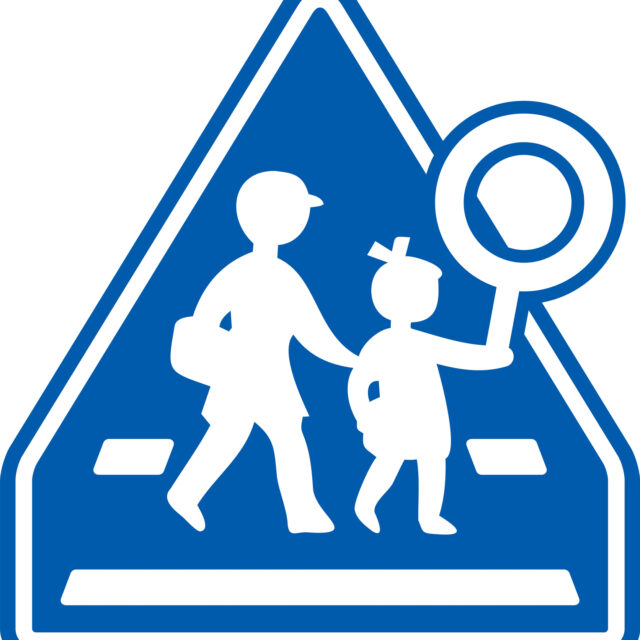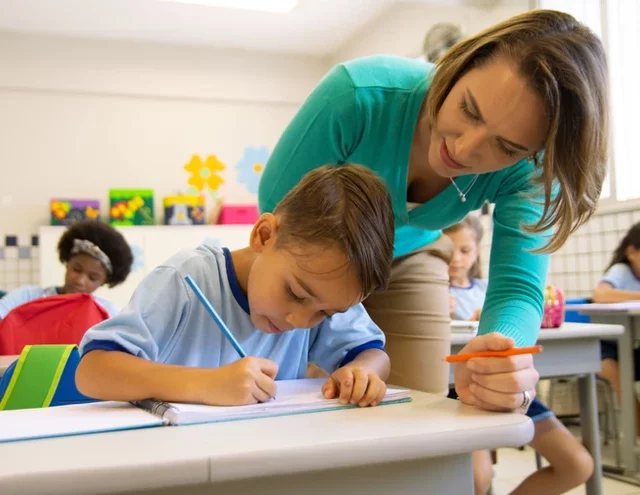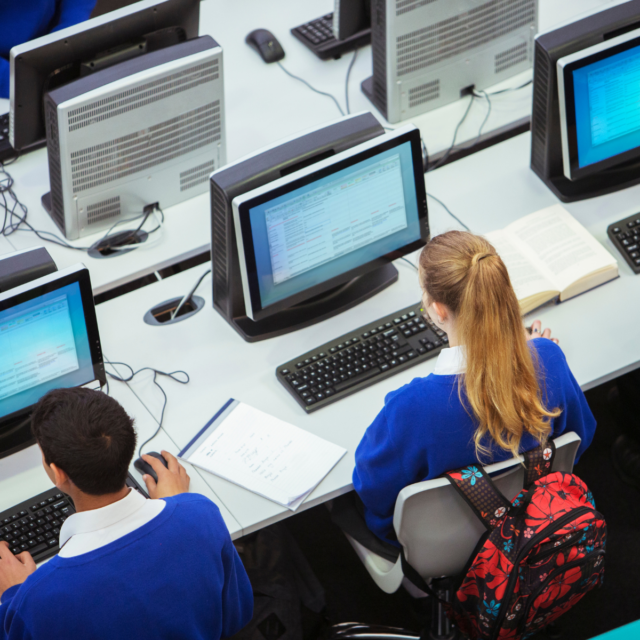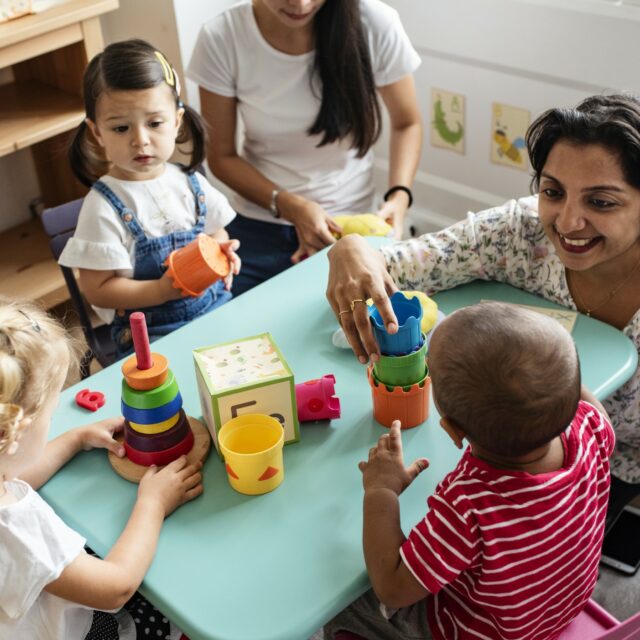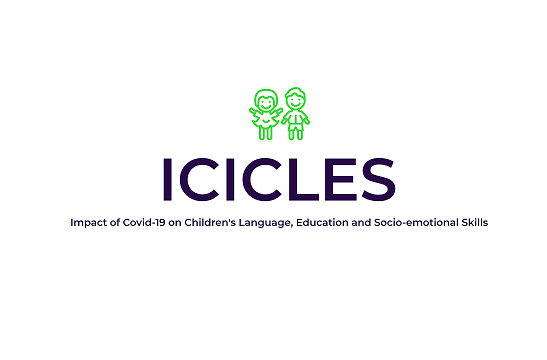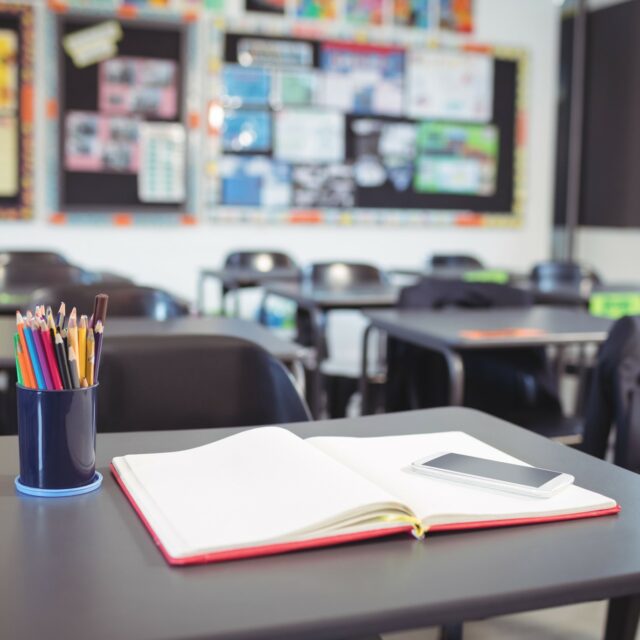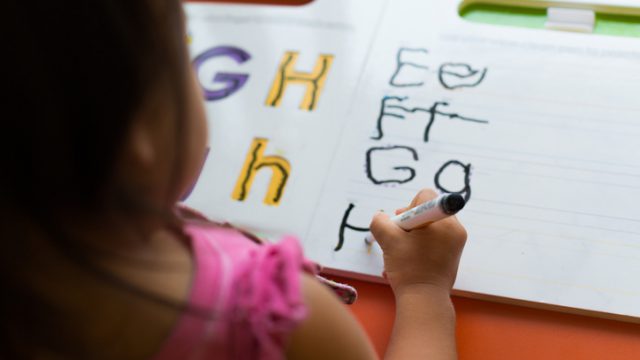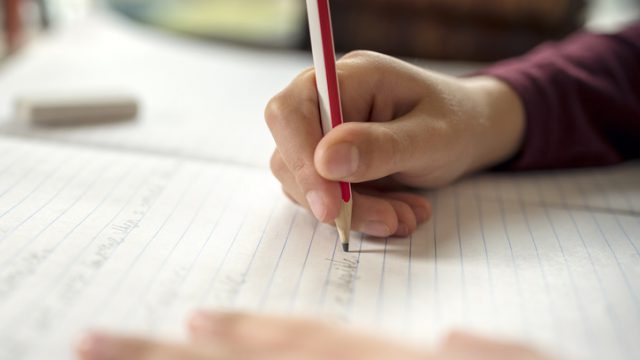Covid recovery in the education sector – let’s not forget the teachers
The impact of Covid-19 on the education sector is well documented. Schools experienced partial closures due to national lockdown for the first time in March 2020, with a second round of partial closures from January to March 2021. With schools now open to all pupils, the focus is on how to recover from this disruption. Unsurprisingly, the bulk of the narrative in the media and policy recommendations focuses on the impact of school closures on children, with talk of learning loss, and “catch-up” plans. Disappointingly, the impact on teachers and ways to support them moving forward has been far less prominent.
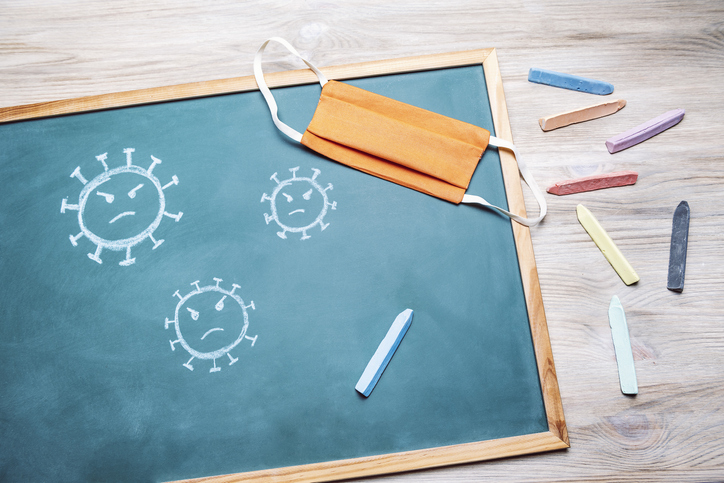
The impact of Covid-19 on the education sector is well documented. Schools experienced partial closures due to national lockdown for the first time in March 2020, with a second round of partial closures from January to March 2021. With schools now open to all pupils, the focus is on how to recover from this disruption. Unsurprisingly, the bulk of the narrative in the media and policy recommendations focuses on the impact of school closures on children, with talk of learning loss, and “catch-up” plans. Disappointingly, the impact on teachers and ways to support them moving forward has been far less prominent. A recent special issue of the TES provided insight into the real cost of the pandemic in terms of teacher wellbeing. Research from Kathryn Asbury and Lisa Kim has brought to life the experiences of teachers over the course of the pandemic. In a series of interviews carried out between April 2020 and February 2021, Asbury & Kim found a pattern of decline in teachers mental health and wellbeing. Importantly, teachers also reported feeling “…disrespected as a profession…” and that there was “…little or no compassion or care…” for teachers shown by those in charge of the education sector. Similar findings have been reported by NFER. These findings are particularly shocking when read in the context of a recent report by Jerrim & Sims, which showed that levels of school accountability have a significant impact on teacher stress. Looking across over 40 different countries, the report found that England has one of the highest levels of accountability and accountability-induced stress.
In the School Starters project funded by the EEF, NIESR are partnering with colleagues from the Education Policy Institute and the University of York to explore the impact of Covid-19 on children starting school in September 2020. A key part of our research design is to incorporate the views of teachers. We initially surveyed participating schools in the Autumn term 2020, and fifty-eight schools across England took part. We have just launched our second survey to find out about teacher’s experiences of the second round of school closures. A third survey will launch at the end of the summer term. Together these surveys will give us a picture of teacher experiences over the course of this academic year. Findings from our Autumn term survey are in line with those of Asbury and Kim, as well as those of other surveys carried out earlier in the pandemic (e.g. TES, 2020; Allen et al, 2020). When asked about level of disruption resulting from pupil and teacher self-isolation, 55% of schools reported at least one to two members of staff having to isolate since September 2020, with 10% reporting 5-6 members. Only 19% of schools reported no children having to self-isolate. We asked about school’s main concerns over the Autumn term. Twenty-four percent of respondents mentioned concerns about school operations e.g. financial concerns, coping with self-isolation of staff and pupils, ensuring adequate staff coverage. Nine percent were worried about external guidance and pressure placed on schools. Importantly, 81% of schools reported concerns about the long-term impact on the health and well-being of staff with comments related to increased workload, lack of opportunity for social interaction and staff energy levels. Nearly a third of respondents indicated concerns around Covid-19 health and safety, with worries about keeping staff and children safe in bubbles and feeling vulnerable about bringing Covid-19 home. Staff were also worried about the wellbeing of the families in their community in the wake of increased deprivation and increased parental anxiety.
There is a clear need to include plans to support teacher wellbeing in conversations about Covid-19 recovery. We hope that our research will help to shed light on the ongoing impact of the pandemic on schools, children and families, and guide recommendations that aid that recovery process.
More information about the School Starters project can be found here.
You can also read our recent briefing outlining teacher and parental concerns about the impact of Covid-19 on School Starters here.
